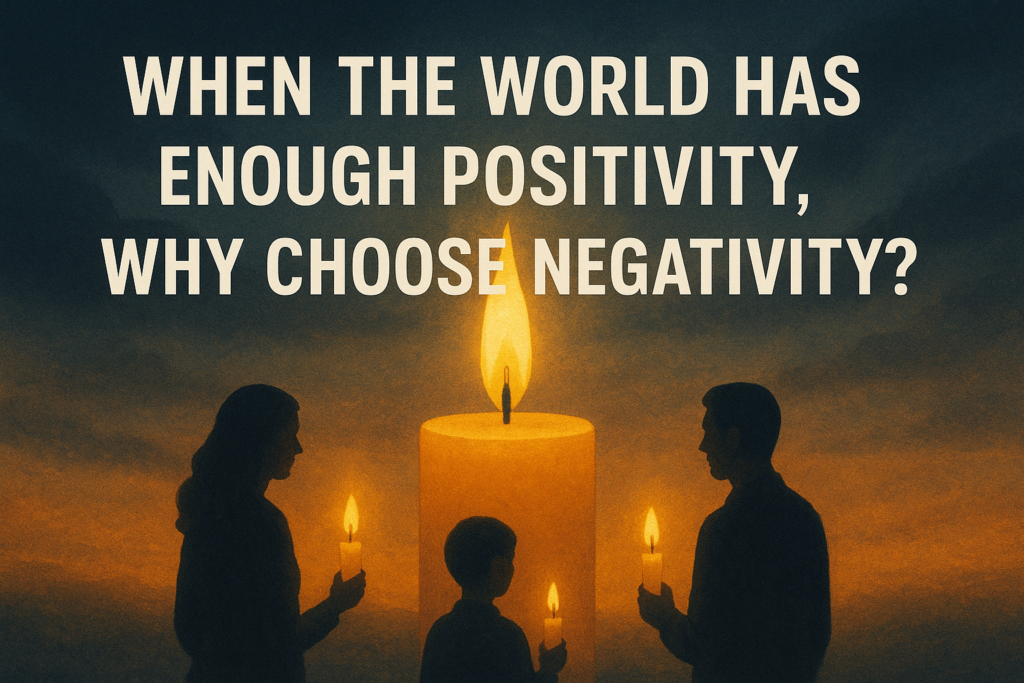Artificial Intelligence (AI) is no longer just a concept from science fiction novels. From self-driving cars and chatbots to algorithms that predict diseases and personalize shopping experiences, AI has become a pervasive part of our daily lives. However, as AI advances, the debate surrounding its impact continues: is AI a boon or a bane?
This question requires more than just a simplistic “good or bad” answer. AI is a tool, and like any tool, it has both advantages and potential pitfalls. Let’s dive deeper into the nuances of AI to explore how it is both a boon and, potentially, a bane.
AI as a Boon: Transforming Industries and Lives
1. Revolutionizing Healthcare
AI’s potential in healthcare is staggering. From predicting disease outbreaks to assisting in surgeries, AI has the power to revolutionize the medical field. One of the most compelling examples is AI-driven diagnostics. Machine learning algorithms can analyze medical data and images with incredible speed and accuracy, sometimes even outperforming human specialists. This has led to quicker diagnosis of diseases like cancer, saving lives that would otherwise be lost to late detection.
Imagine an AI system that can predict the onset of Alzheimer’s before symptoms appear. Such advancements could enable early interventions and personalized treatments, drastically improving patient outcomes.

Image Courtsy: Finantial times, UK
2. Efficiency in Business and Automation
In the business world, AI-powered automation has become the key to efficiency. Whether it’s optimizing supply chains, forecasting trends, or automating customer service with intelligent chatbots, AI helps businesses operate more smoothly. AI can analyze vast datasets, identify patterns, and make decisions that were once human-dependent. This not only speeds up processes but also reduces human error, leading to improved productivity.
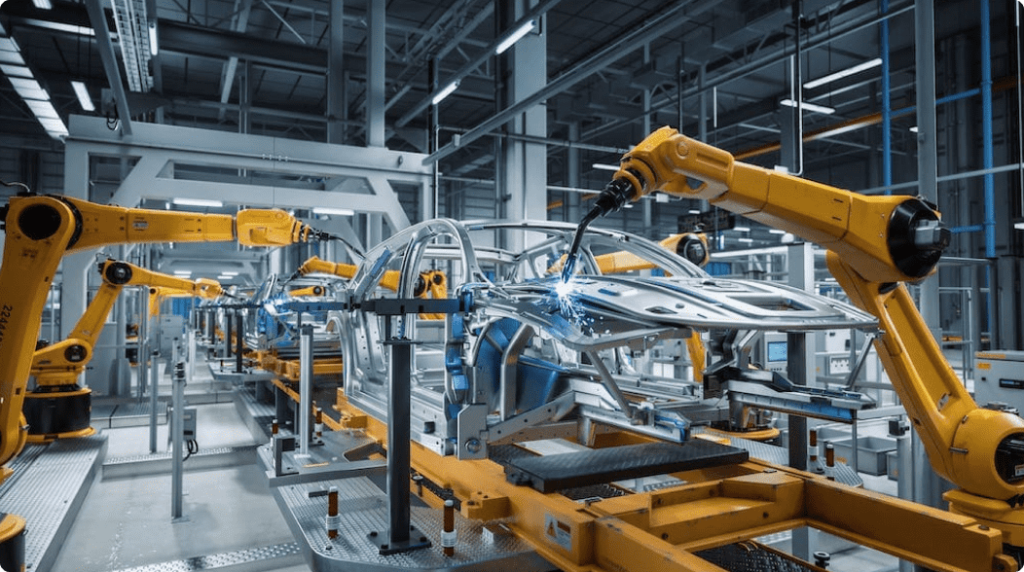
Image Courtsy: Ai – bees
3. Personalized Experiences
Another significant boon of AI is its ability to provide personalized experiences. Think of recommendation engines used by Netflix, Spotify, or Amazon. These AI algorithms analyze your preferences and past behaviors to suggest movies, music, or products that align with your interests, making daily life more convenient and enjoyable.
Imagine walking into a store where AI-powered mirrors suggest outfits based on your style and preferences, offering a truly personalized shopping experience.
AI as a Bane: Challenges and Ethical Dilemmas
1. Job Displacement
While AI boosts efficiency, it also raises concerns about job displacement. The fear of robots taking over human jobs is no longer a distant scenario. Routine, manual tasks in industries like manufacturing, logistics, and even customer service are being automated, leaving millions of workers vulnerable to unemployment.
The challenge now is to adapt. It’s essential for societies to focus on reskilling and upskilling their workforce to embrace the new jobs AI will create, such as those in AI programming, robotics, and data science. However, the transition will be difficult, especially for workers in low-skill sectors.
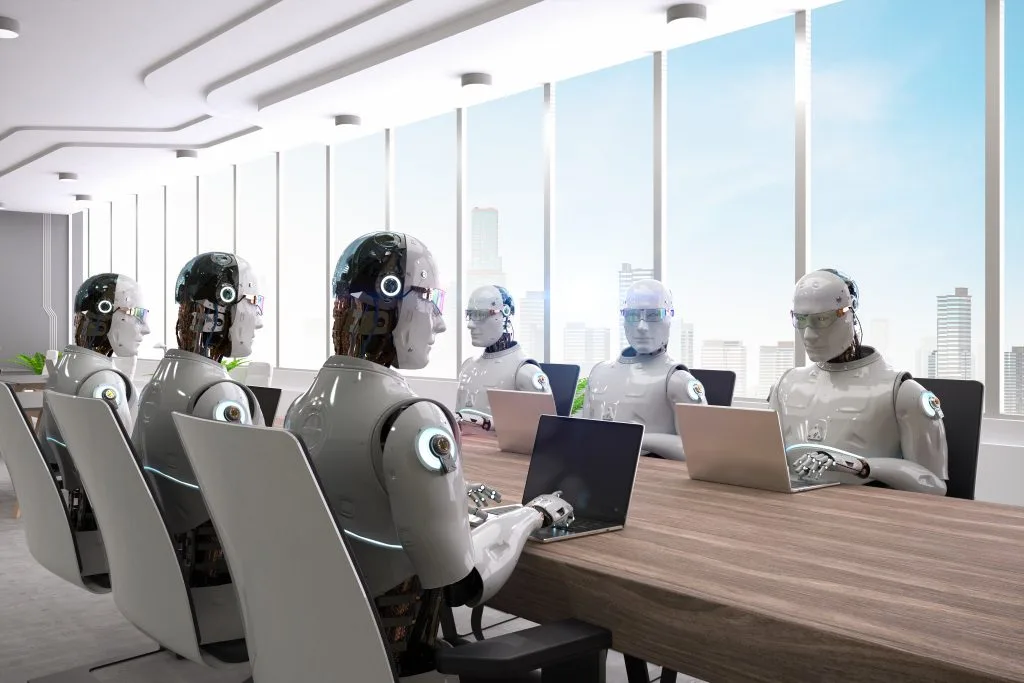
Image Courtsy: Digital Watch
2. Data Privacy and Security Concerns
As AI becomes more integrated into our lives, the volume of data collected is staggering. While AI can analyze this data to offer personalized services, it raises critical concerns about privacy. How secure is this data? Who has access to it? Can we trust that our personal information is not being misused or breached?
AI-powered facial recognition systems, for instance, have sparked intense debate about surveillance and privacy rights. Though helpful in identifying criminals, these systems can be exploited, leading to an Orwellian surveillance state if not properly regulated.
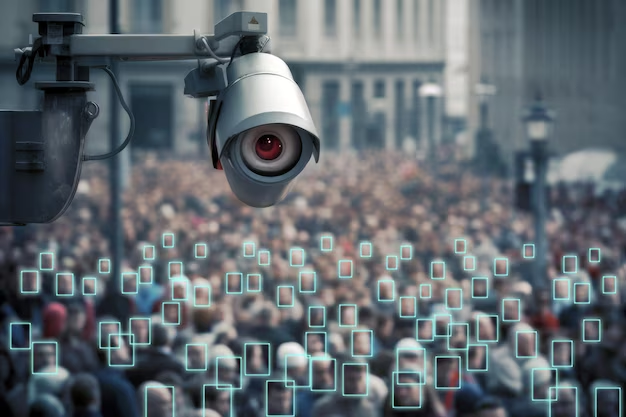
Image Courtsy: Freepix
3. Ethical Concerns and Bias
AI systems, although seemingly neutral, can inherit biases from the data they’re trained on. In some instances, AI algorithms have been found to display racial, gender, or socio-economic biases. These biases are particularly concerning in critical areas like hiring, law enforcement, and healthcare, where AI-driven decisions can reinforce inequality rather than eliminate it.
The problem lies not in AI itself but in the data it learns from. If we’re feeding these algorithms biased data, they will inevitably produce biased outcomes. It’s crucial to develop AI models that are transparent, fair, and accountable, but that’s easier said than done.
The Duality of AI: Finding Balance
So, is AI a boon or a bane? The answer is both. It is a boon when used responsibly, improving healthcare, optimizing businesses, and enriching personal experiences. Yet, it becomes a bane when it exacerbates inequalities, compromises privacy, or displaces workers without a plan for retraining.
The real question is not whether AI is good or bad but how we, as a society, choose to use it. Technology itself is neutral. It’s the people behind AI—the developers, policymakers, and users—who will ultimately decide whether it becomes a force for good or ill.
What’s Next? Human Responsibility in the Age of AI
AI will continue to evolve, and with it, the debate on whether it is a boon or a bane will persist. The key is responsible AI development. This involves creating ethical guidelines, developing robust laws, and investing in human-centric AI solutions. For instance, AI should not only enhance productivity but also work toward solving societal challenges like poverty, climate change, and education inequality.
As AI advances, one thing is clear: the future is ours to shape. AI can be our most powerful ally or our biggest challenge—it all depends on how we wield this transformative technology.
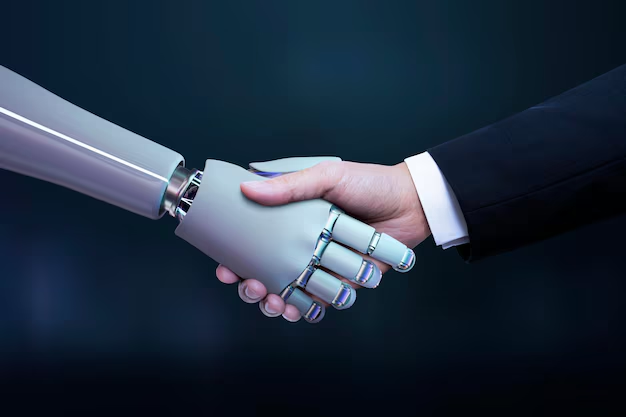
Image Courtsy: Freepix
Famous Perspectives: Is AI a Boon or a Bane?
As AI continues to develop, many prominent thinkers and innovators have weighed in on its potential impact. Their perspectives range from optimistic visions of a better future to cautionary warnings about the dangers AI might bring. Let’s explore what some of the most influential minds have to say.
1. Elon Musk: A Cautious Optimist
Elon Musk, the CEO of Tesla and SpaceX, has been one of the most vocal figures about the potential dangers of AI. Musk has often referred to AI as “our biggest existential threat.” He has warned that AI could outsmart humans, leading to unintended consequences. In his view, if not properly regulated, AI might become uncontrollable, posing risks to humanity’s survival.
However, despite his concerns, Musk is not entirely against AI. He has invested heavily in AI-driven technologies through his companies and co-founded OpenAI, a research organization aimed at ensuring AI is aligned with human values. Musk’s position highlights the duality of AI—both its potential benefits and its risks, depending on how it is managed.
2. Stephen Hawking: A Concerned Visionary
The late physicist Stephen Hawking also expressed grave concerns about the rapid rise of AI. In a 2014 interview, he remarked, “The development of full artificial intelligence could spell the end of the human race.” Hawking feared that AI, once developed to a level where it could surpass human intelligence, might evolve beyond our control. This fear of “superintelligence”—AI systems capable of self-improvement and independent decision-making—echoes the same concern shared by many leading thinkers.
However, Hawking also recognized the potential benefits of AI, particularly in areas like healthcare and scientific research. His main concern was ensuring that AI development is carefully controlled and that the technology is developed with robust safety measures in place.
3. Sundar Pichai: AI as a Transformative Force
Sundar Pichai, CEO of Alphabet (Google’s parent company), has been more optimistic about the future of AI, seeing it as a transformative force for good. Pichai has called AI “one of the most important things humanity is working on,” comparing its significance to the discovery of electricity or fire. According to him, AI has the power to address some of the world’s most pressing problems, such as climate change, healthcare, and global inequality.
Under Pichai’s leadership, Google has made significant strides in AI research, particularly in areas like natural language processing and healthcare. However, he also acknowledges the importance of developing AI responsibly, ensuring that it is ethical, transparent, and inclusive.
4. Bill Gates: Hopeful with Caution
Bill Gates, co-founder of Microsoft, shares a balanced perspective on AI. He acknowledges its enormous potential to improve lives, particularly in fields like education, healthcare, and agriculture. In a 2015 interview, Gates said he was “excited” about AI’s possibilities but also expressed concerns about its long-term risks. He has called for more focus on creating AI systems that can help, rather than harm, humans.
Gates believes that as AI progresses, society must create rules and frameworks that ensure it benefits everyone. His stance is a blend of optimism and caution, advocating for both innovation and regulation.
5. Kai-Fu Lee: Embracing AI with Empathy
Kai-Fu Lee, a leading AI expert and former president of Google China, presents one of the most nuanced takes on AI’s future. In his book AI Superpowers, Lee describes AI as a powerful tool that will radically transform economies, displace jobs, and redefine industries. However, he also emphasizes the importance of embracing AI with empathy. According to Lee, we must focus on the human aspect—how AI can augment human abilities rather than replace them—and develop policies that help workers transition to the AI-driven economy.
Lee’s vision of AI is both realistic and hopeful, centered on the belief that, while AI will bring disruption, it can also foster new opportunities and improve the quality of life if managed with care and foresight.
These diverse perspectives from famous figures show that while AI holds immense potential, it must be handled responsibly to ensure it remains a tool that benefits humanity rather than harms it. This balance between innovation and caution is crucial as we move forward in the AI age.
Conclusion: A Balanced Approach
AI is both a boon and a bane, and its future impact will largely depend on how we navigate its ethical, social, and economic challenges. Rather than fear or blindly embrace AI, we need to approach it with caution and responsibility. By doing so, we can harness AI’s benefits while minimizing its downsides, ensuring a future where AI serves humanity rather than dominates it.
What do you think? Is AI more of a boon or a bane? Share your thoughts in the comments below!
Disclaimer: The author’s views are his or her own. The facts and opinions in the article have been taken from various articles and commentaries available in the online media and Eastside Writers nor the writer does not take any responsibility or obligation for them.
Note: Contact our Writers at www.eastsidewriters.com for writing Blogs/Articles on any niche. We have experts in various domains from Technology to Finance and from Spirituality to Lifestyle and Entertainment.




